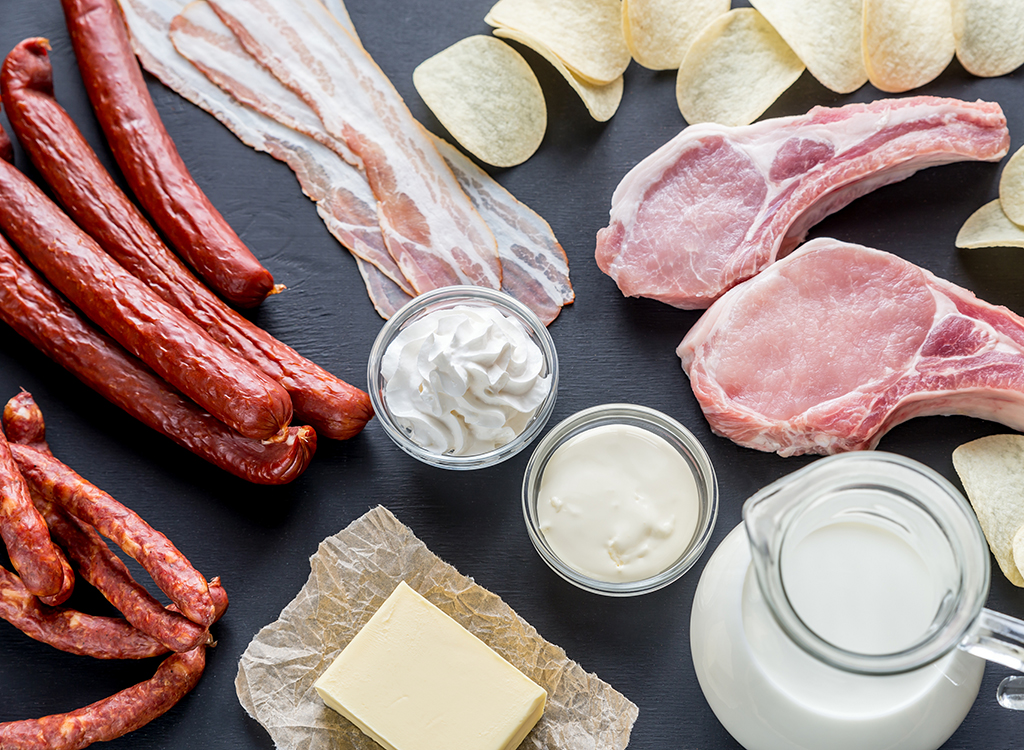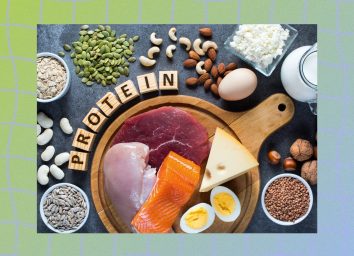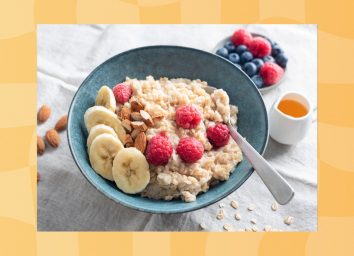Surprising Weight Loss Tricks That Totally Work, Say Experts

For generations, we've understood the concept of "the fat gene." Obesity runs in families, after all, and if Mom and Dad are both heavy, there's little you can do about it. But emerging science says that's not so. In fact, what we're learning now is that weight gain is caused not by genetics but by epigenetics—basically, the science of how genes are turned on and off by different environmental factors, including stress, chemical exposure, and, yes, diet.
A study in the journal Advanced Nutrition reported that obese and diabetic people have a different pattern of epigenetic markers than those who are not obese or diabetic. Simply put, their fat genes have been tripped.
"What you eat, and don't eat, can influence which genes are turned on and when," says Kevin L. Schalinske, Ph.D., professor in the Department of Food Science and Human Nutrition at Iowa State University. "Eating the wrong foods, deficiencies in the diet, and lifestyle choices like smoking, can turn things on."
So being born with the genes for fat storage doesn't cause you to become fat. Those genes need help getting started. Read on to learn some unexpected ways to throw a damper on your fat genes and keep them stuck in neutral for good. And for more great weight-loss advice, make sure you're up to speed on the 21 Best Healthy Cooking Hacks of All Time.
Don't take vitamins

Increased levels of B vitamins have long been associated with a higher prevalence of obesity and diabetes. Researchers believe that fortified infant formula may trigger the fat genes. If you're more comfortable taking a daily multivitamin, it's probably fine, but megadosing may do more harm than good.
Go for a morning walk

Bizarre but true: research published in the journal PLOS ONE found that getting direct exposure to sunlight between 8:00 a.m. and noon reduced your risk of weight gain regardless of activity level, caloric intake, or age. It's "possible that morning light synchronizes your metabolism and undercuts your fat genes."
Cut down on saturated fats and sugar

You know fat and sugar is bad for you, but what's really interesting is the new research on how they conspire with your genes to set you up for weight gain. Foods high in saturated fats seem to cause weight gain even if calorie intake stays the same. Researchers believe there's an epigenetic factor at work. The combination of sugar and fat has been dubbed an "obesogenic environment," much in the same way a toxic waste dump linked to a cancer outbreak might be referred to as a "carcinogenic environment." For more foods you should definitely avoid, keep this list handy of the 50 Worst Foods for Weight Loss.
Cut down on antibiotics

Our gut bacteria play a big role in keeping our fat genes in check by chomping on fiber and creating short-chain fatty acids (SCFAs) such as butyrate. SCFAs help tame our genetic propensity for weight gain and diabetes. When we take antibiotics for every sniffle, we create disorder in our gut bacteria and undermine their ability to create the SCFAs that keep our fat genes in check."
For more great weight loss advice, sign up for our newsletter!








